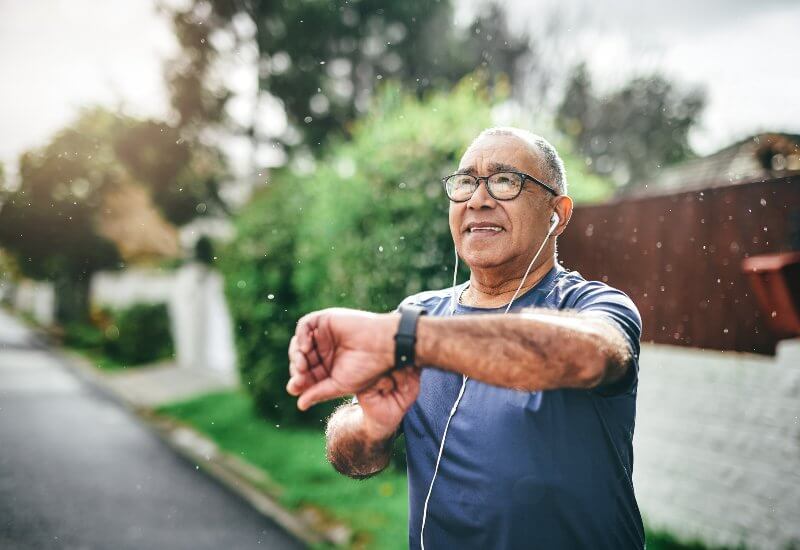How Weight Loss Can Help with Pain Management

Unhealthy weight gain is associated with numerous adverse health conditions, including type 2 diabetes, cardiovascular disease, and cancer, just to name a few. Being overweight can also worsen chronic pain, a fact that is common knowledge among pain management providers.
Despite this knowledge, patients tend to minimize the importance of weight loss in their overall pain treatment plans. Learn about the connection between body weight and various chronic pain conditions. Then, consider tips to lose weight with chronic pain.
The Connection Between Body Weight and Chronic Pain
Carrying excess weight changes how you experience pain. First, the extra pounds increase the mechanical forces on your knees, hips, spine, and supporting muscles, increasing wear and tear and worsening joint pain. Every pound you lose lowers the pressure on your knees by four pounds. For people with arthritis, this can make a huge difference.
Second, being overweight increases chronic inflammation in susceptible parts of the body, including aching joints. This means you’re more likely to develop seemingly unrelated conditions like bone and muscle disorders, migraines, and carpal tunnel syndrome if you’re overweight.
Losing weight may not instantly eliminate your pain. Still, studies suggest that reducing your body weight by 10% can noticeably decrease the musculoskeletal pain, fatigue, and psychological distress of living with a chronic pain condition.
How to Lose Weight with Chronic Pain
If you struggle with chronic pain and managing your weight, you may feel discouraged. After all, the very pain that could improve if you lose weight is among the things that make weight loss difficult! Rest assured that losing weight with chronic pain is possible, but it may take extra time, planning, and patience. Increase your chances of success with these tips:
- Set exercise goals: Incorporate gentle exercises into your daily routine, such as walking, yoga, water aerobics, and light weightlifting and bodyweight workouts.
- Pay attention to hunger signals: Strive to only eat when you’re hungry and stop eating before you get too full.
- Eat quality food: Focus on fruits, vegetables, lean protein, and whole grains while limiting processed and fast foods.
- Stay hydrated: Drinking enough water helps your body function better. Aim to drink at least eight cups per day.
- Get enough rest: You’re more likely to have the energy to exercise if your body is well-rested. Most adults need seven to nine hours of sleep each night.
- Ask your doctor for help: When good nutrition and lifestyle choices aren’t enough, consider trying medical weight loss. The combination of expert nutritional advice and human chorionic gonadotropin (hCG) hormone therapy provides just what you need to take the first step toward weight loss and total body wellness.
If you’re interested in learning more about medically assisted weight loss in Maryland, reach out to Effective Integrative Healthcare. We have over a decade of experience helping our patients achieve sustainable, long-lasting weight loss and reduced chronic pain. To get started, please schedule a free consultation at our Crofton or Millersville, MD, office today.
